Please I'm using this extension to get the past time from the date. But I'm seeing memory leak in RelativeDateTimeFormatter() Any suggestions please?
extension Date {
func timeAgoDisplay() -> String {
let formatter = RelativeDateTimeFormatter()
formatter.unitsStyle = .full
return formatter.localizedString(for: self, relativeTo: Date())
}
}
